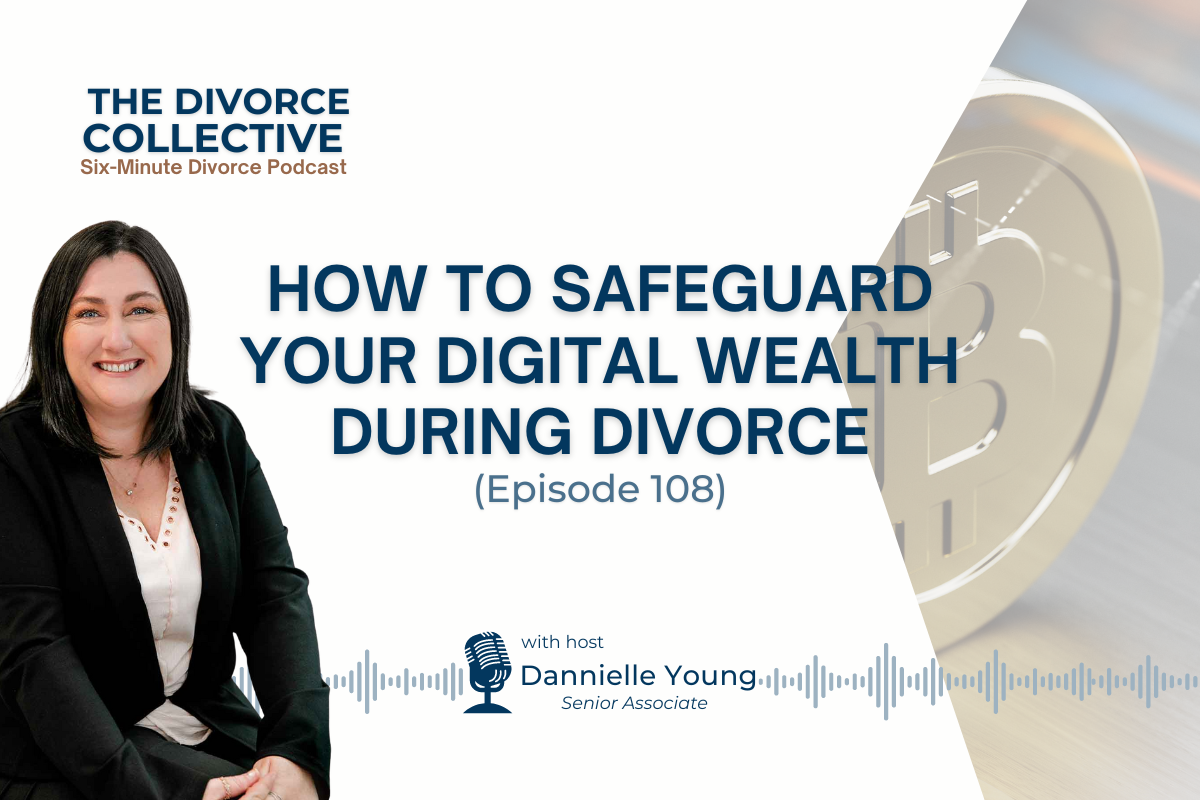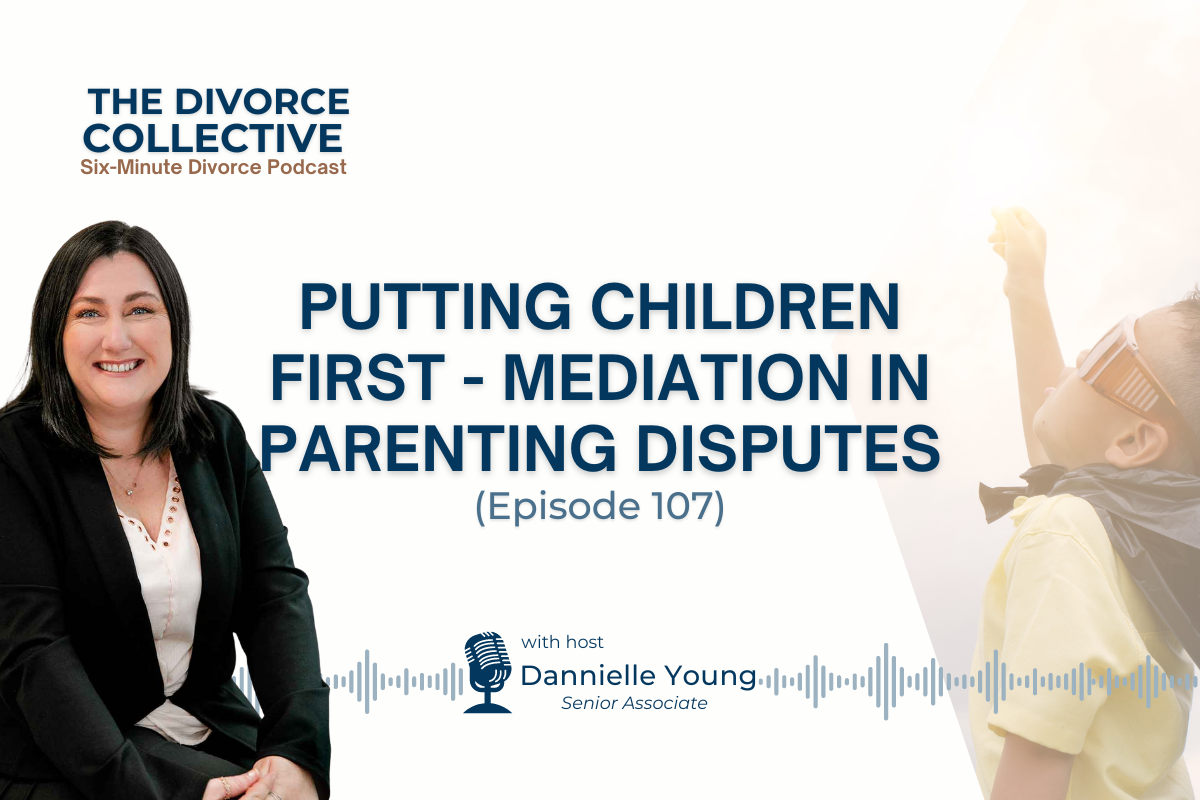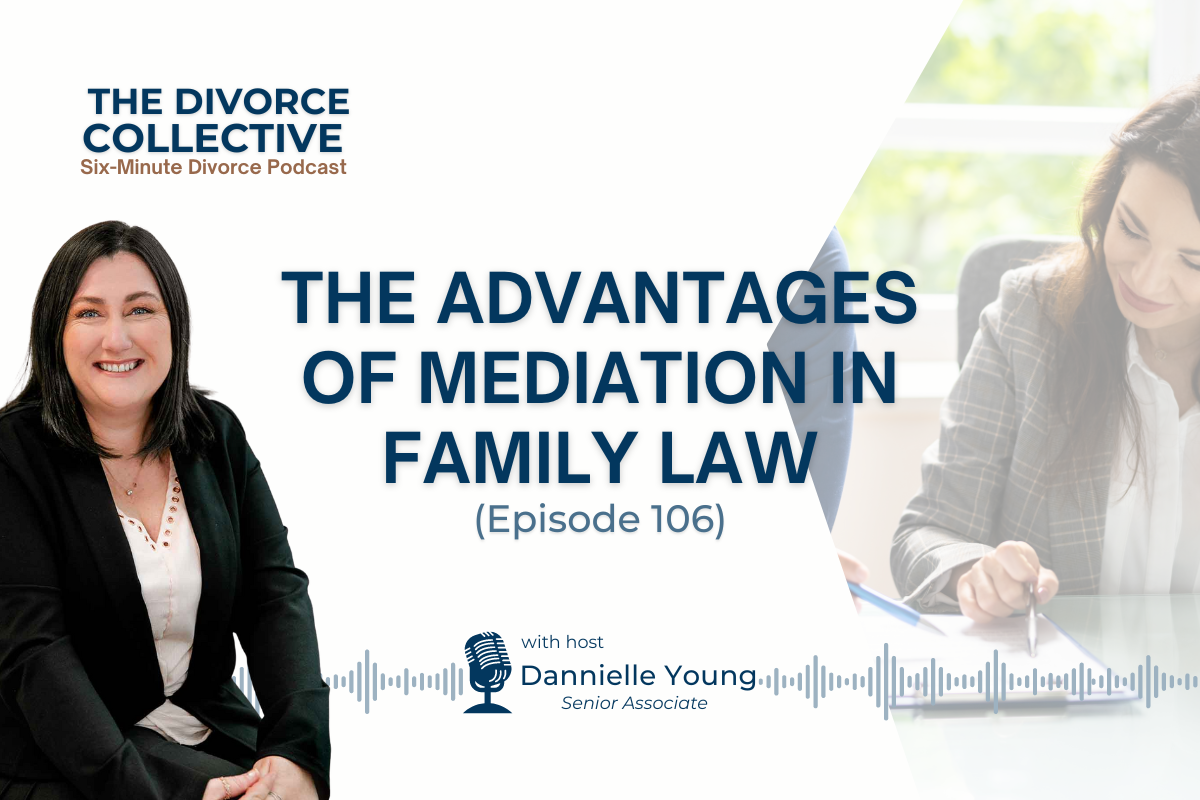When navigating the complexities of property settlements in Gold Coast, superannuation is a critical element that often requires careful consideration. Superannuation, while not immediately tangible like a home or savings account, plays a significant role in the financial security of both parties post-separation. This Collective Family Law Group blog post takes us into how superannuation is treated in property settlements, the valuation and splitting process, and strategies to safeguard your superannuation interests during negotiations.
Superannuation: An Asset in Disguise
In family law, superannuation is regarded as a different kind of property. It represents a future financial resource, and its treatment in property settlements is governed by specific legislative provisions. Unlike direct financial assets, superannuation cannot be accessed immediately but is factored into the division of property due to its value as a long-term financial asset.
Valuation: The First Step to Fairness
The initial step in addressing superannuation in a property settlement is obtaining an accurate valuation. This involves requesting up-to-date information from the superannuation fund trustees, which outlines the value of the superannuation interest. The valuation process can vary significantly depending on the type of superannuation fund, with defined benefit funds requiring a more complex approach to ascertain their worth.
Splitting Superannuation: Navigating the Options
Once valued, superannuation can be split in several ways as part of a property settlement. The options include:
- Splitting Orders: Superannuation interests can be divided by a court order or a superannuation agreement. This doesn’t convert superannuation into a cash asset but allocates a portion to the non-member spouse, which remains within the superannuation system until eligibility criteria, such as retirement age, are met.
- Payment Split: At the time of payment, part of the superannuation payment is directed to the non-member spouse, subject to the fund’s rules and regulations.
- Offsetting: The value of the superannuation is offset against other assets. For example, one party retains their superannuation interest while the other receives a greater share of the home equity or other assets.
Protecting Your Interests: Strategic Considerations
Protecting your superannuation interests during property settlement negotiations requires strategic planning and an understanding of your long-term financial needs. Consider the following strategies:
- Seek Expert Advice: Engage with a family law specialist who understands the intricacies of superannuation and can guide you through the valuation and splitting process. Collective Family Law Group offers a free 45-minute initial appointment to discuss your situation.
- Consider Future Needs: Superannuation is fundamentally about securing your financial future. When negotiating a settlement, consider your retirement needs and how the division of superannuation will impact your long-term financial well-being.
- Transparency and Full Disclosure: Ensure that all parties provide complete and transparent disclosure of their superannuation interests. This fosters a fair negotiation process and mitigates the risk of future disputes.
- Understand Tax Implications: Be aware of the tax consequences associated with superannuation splitting. Certain actions, such as rolling over superannuation into a different fund post-split, can have tax implications that may affect the net value of your superannuation interest.
- Update Your Beneficiary Nominations: Post-settlement, review and update your superannuation beneficiary nominations. This is crucial to ensure that your superannuation benefits are distributed according to your current wishes in the event of your death.
A Balanced Approach to Superannuation
Superannuation should not be an afterthought in Gold Coast property settlements. Its significance as a long-term asset necessitates careful consideration and a balanced approach. By understanding the valuation process, exploring splitting options, and implementing strategies to protect your interests, you can achieve a settlement that not only addresses immediate needs but also secures your financial future.
At Collective Family Law Group, we understand the complexities surrounding superannuation in property settlements. Our experienced Gold Coast divorce lawyers are here to provide you with the guidance and support needed to navigate these challenges effectively. Contact us today to book your free 45-minute initial appointment and take the first step towards securing your financial well-being.
FAQs:
Is superannuation always split equally in a property settlement?
No, superannuation is divided based on the principles of fairness and equity, considering the entire property pool and the circumstances of both parties.
Can I access my ex-partner’s superannuation immediately after it’s split?
No, the superannuation laws regarding access apply even after splitting. You can only access superannuation according to the fund’s conditions, such as reaching retirement age.
How long does the superannuation splitting process take?
The duration varies depending on the complexity of the fund, the cooperation of both parties and the legal processes involved. It’s essential to start early and seek professional advice.





